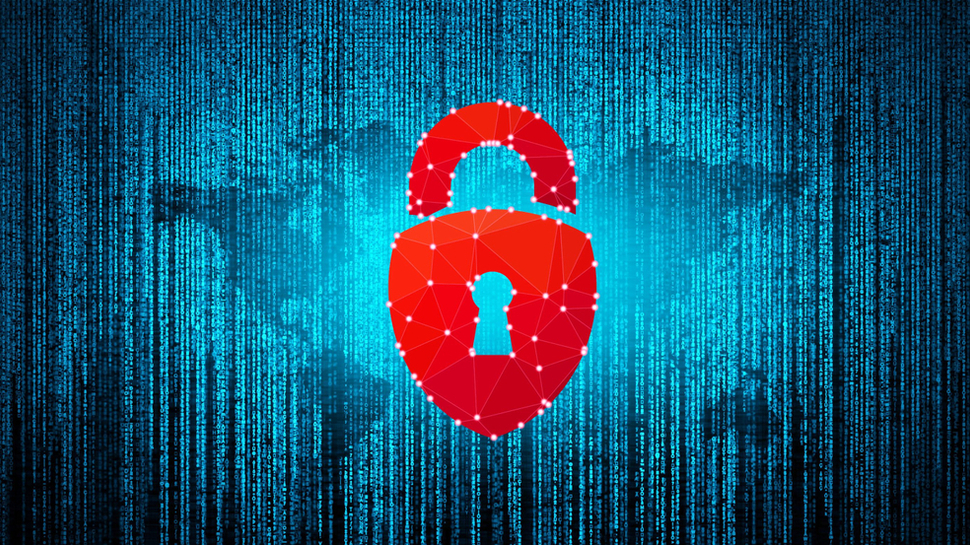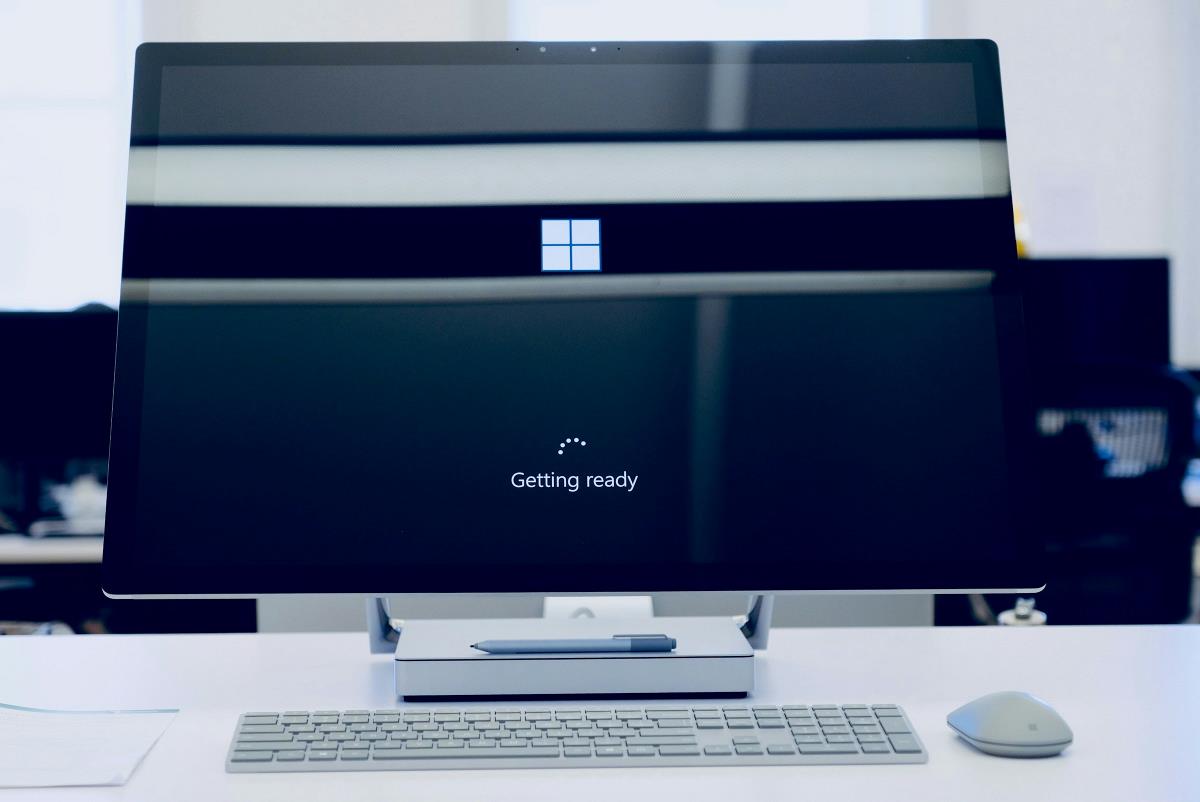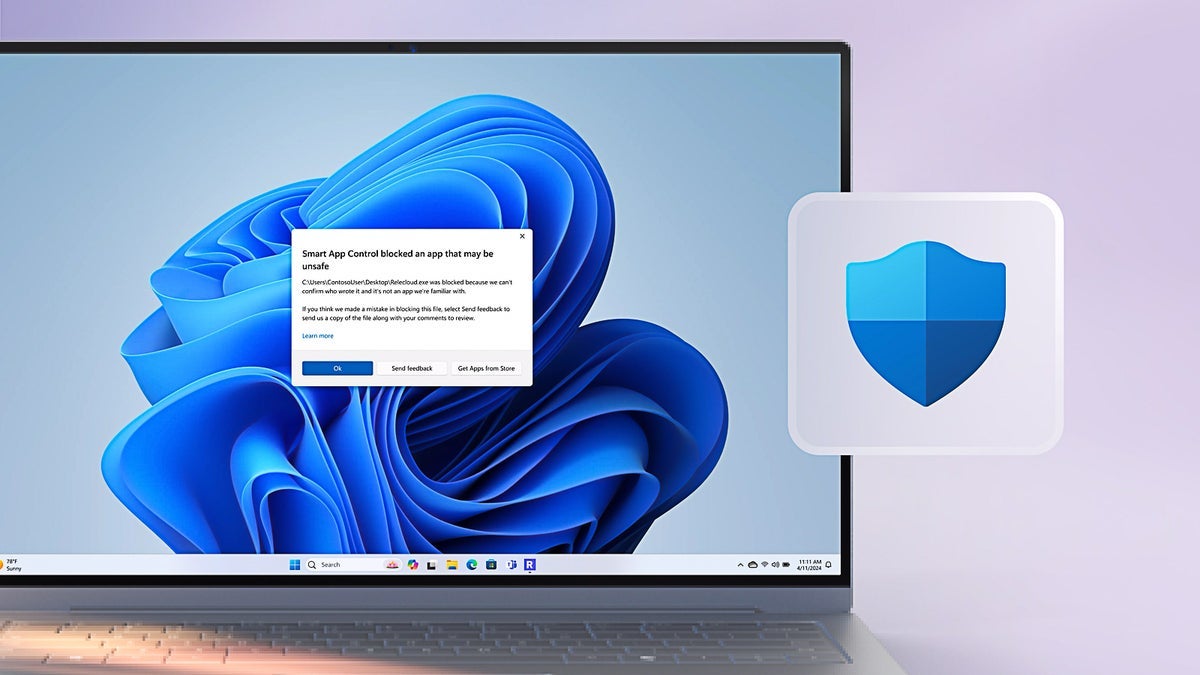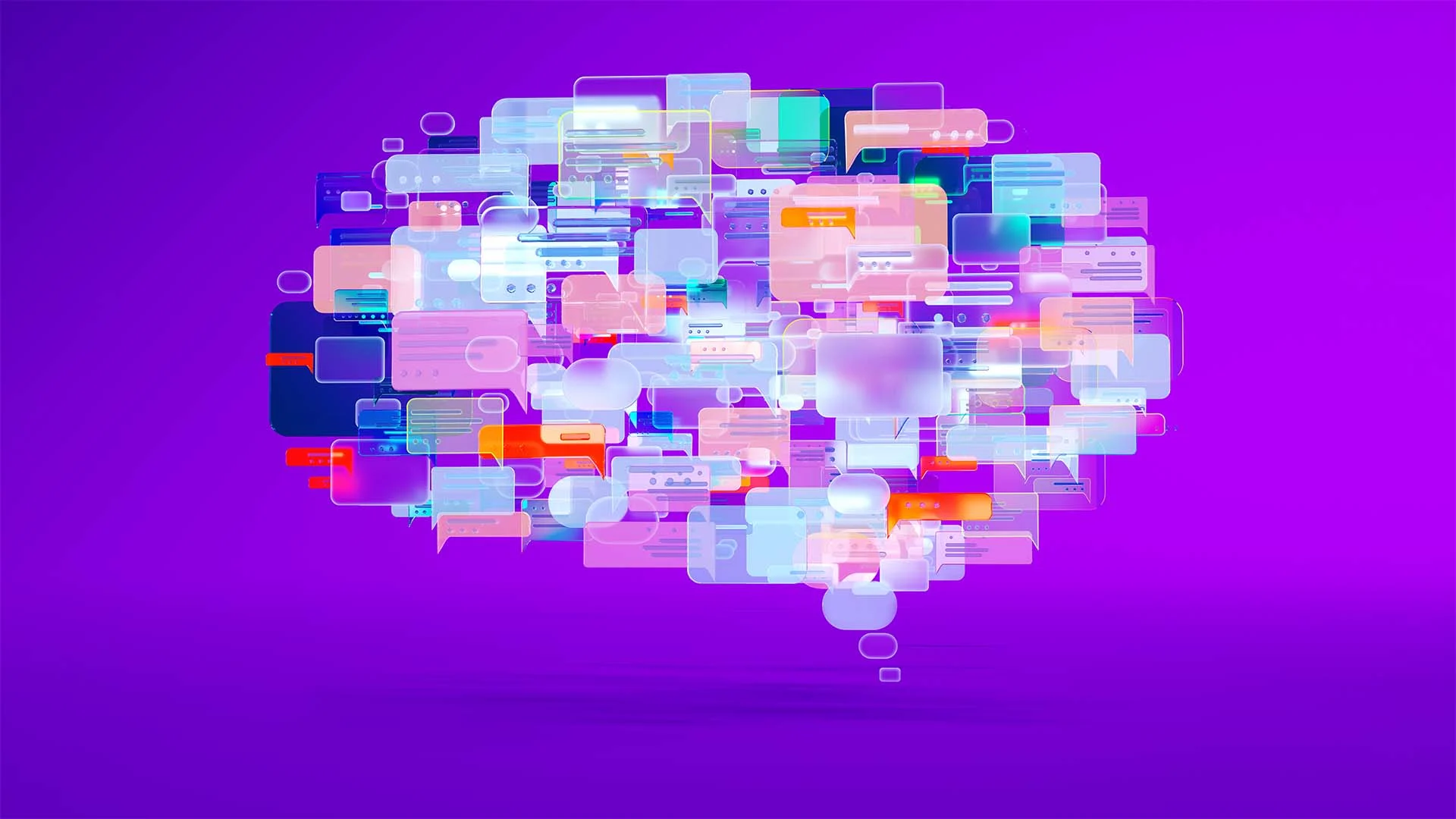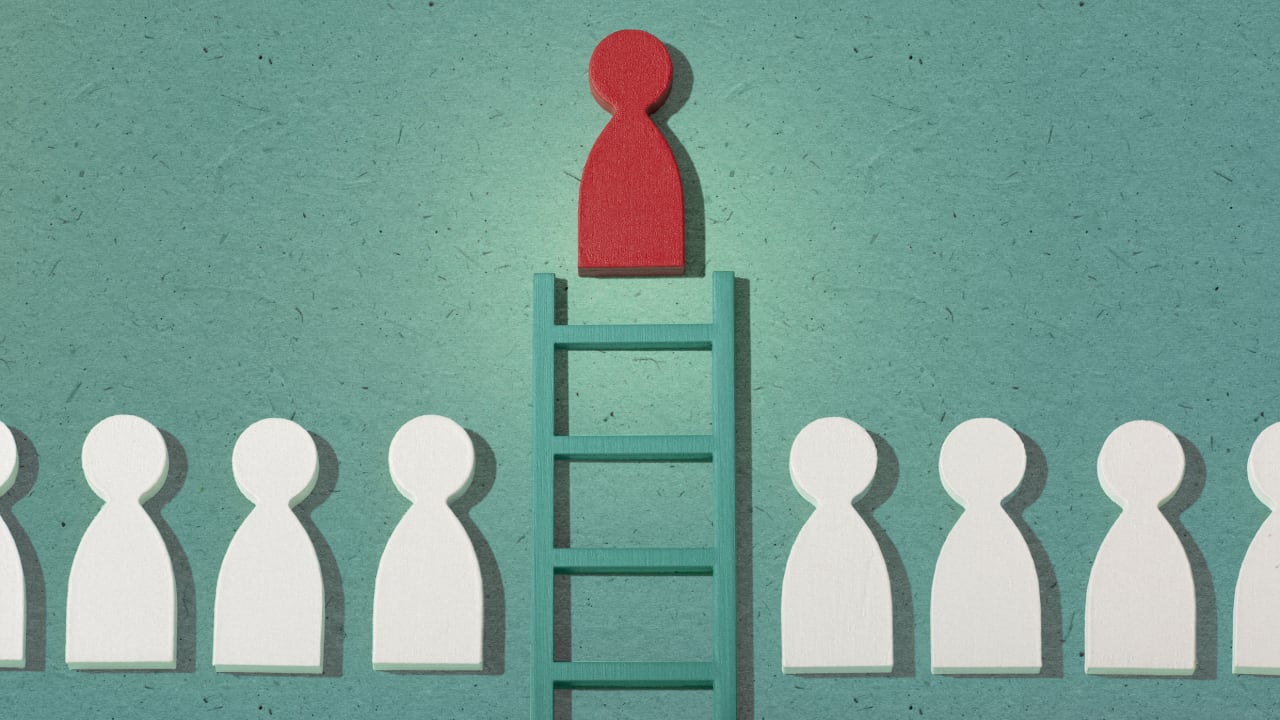Empowering Responsibility: The Transformative Role of Online Learning Platforms in Student Development
In recent years, there has been a transformational shift in the education sector. The traditional classroom setup is being gradually replaced by various online learning platforms. The impact of this replacement is not just limited to providing easy access to learning materials; it extends to instilling a sense of responsibility among students. With perks of learning anytime and anywhere, online learning platforms are indeed fostering self-discipline and responsibility. An essential element that all online learning platforms have in common is that they entrust students with the responsibility of their learning journey. Students are given the flexibility to create their own learning schedules, choose their course materials, and decide the pace at which they want to advance. This autonomy, while offering a high degree of personalization and flexibility, also brings along a significant amount of responsibility. In the traditional mode of education, the progression of a course is pre-determined and monitored by the teacher. In contrast, digital learning platforms necessitate students to monitor their progress continually. They have to ensure that they complete their assignments, track their progress through quizzes and tests, and constantly update their knowledge. This shift makes students exhibit more control over their learning journey, thereby reinforcing a sense of responsibility. Online educational platforms are also known to shape responsible digital citizens. Navigating through the myriad resources available online, selecting reliable information, and respecting and adhering to copyright laws becomes the responsibility of the student. This digital literacy not only aids academic progression but also teaches students the ethical use of digital resources, thereby making them responsible netizens. Moreover, the advent of the pandemic has pushed educational institutions to rapidly switch to online platforms and conduct virtual classes. The drastic change has brought forward the need for students to adapt to a new set of ethics concerning online behavior. Students are now responsible for managing technology-related aspects like maintaining a stable internet connection, reducing disturbances during the online class, ensuring that their camera and microphone are in proper working condition, and respecting the online space of fellow students. These measures add another level to the burgeoning sense of responsibility fostered by online learning. Despite the myths surrounding online learning and the skepticism about its comparative efficiency, studies have shown that students who are genuinely involved in online learning platforms perform better acadically. The reason? They cultivate crucial life skills such as time management, self-discipline, and self-motivation alongside their academics, thereby indicating that a sense of responsibility is indeed being instilled. The modern educational system is all about creating independent learners who can be lifelong seekers of knowledge. Online learning platforms, with the flexibility, autonomy, and control they provide, are greatly aiding this cause by instilling a sense of accountability in students. As the digital transformation of education continues, the role of students is evolving from passive recipients of knowledge to active participants in their learning journey – the journey that is teaching them not just academics, but the approach they need to take in life – be responsible, be accountable. Online learning is not just the future of education; it is playing a leading role in moulding responsible individuals.
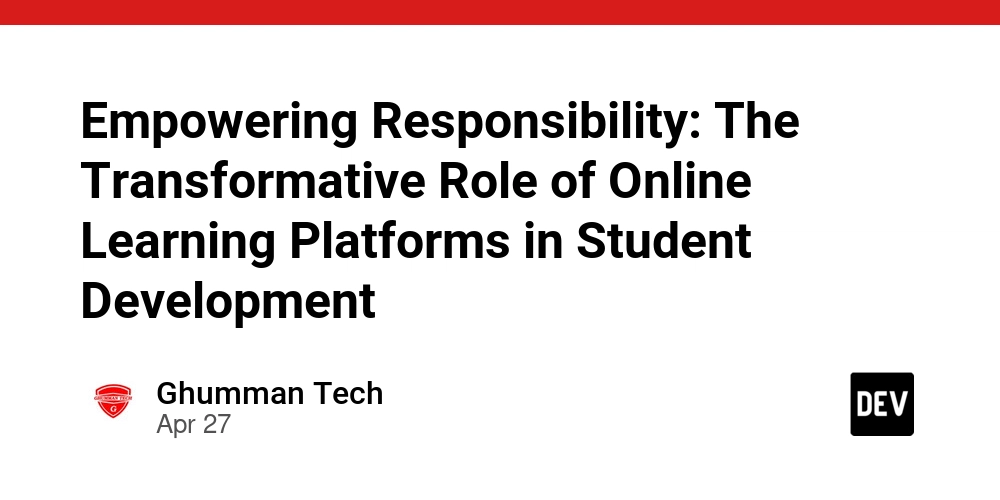
In recent years, there has been a transformational shift in the education sector. The traditional classroom setup is being gradually replaced by various online learning platforms. The impact of this replacement is not just limited to providing easy access to learning materials; it extends to instilling a sense of responsibility among students. With perks of learning anytime and anywhere, online learning platforms are indeed fostering self-discipline and responsibility.
An essential element that all online learning platforms have in common is that they entrust students with the responsibility of their learning journey. Students are given the flexibility to create their own learning schedules, choose their course materials, and decide the pace at which they want to advance. This autonomy, while offering a high degree of personalization and flexibility, also brings along a significant amount of responsibility.
In the traditional mode of education, the progression of a course is pre-determined and monitored by the teacher. In contrast, digital learning platforms necessitate students to monitor their progress continually. They have to ensure that they complete their assignments, track their progress through quizzes and tests, and constantly update their knowledge. This shift makes students exhibit more control over their learning journey, thereby reinforcing a sense of responsibility.
Online educational platforms are also known to shape responsible digital citizens. Navigating through the myriad resources available online, selecting reliable information, and respecting and adhering to copyright laws becomes the responsibility of the student. This digital literacy not only aids academic progression but also teaches students the ethical use of digital resources, thereby making them responsible netizens.
Moreover, the advent of the pandemic has pushed educational institutions to rapidly switch to online platforms and conduct virtual classes. The drastic change has brought forward the need for students to adapt to a new set of ethics concerning online behavior. Students are now responsible for managing technology-related aspects like maintaining a stable internet connection, reducing disturbances during the online class, ensuring that their camera and microphone are in proper working condition, and respecting the online space of fellow students. These measures add another level to the burgeoning sense of responsibility fostered by online learning.
Despite the myths surrounding online learning and the skepticism about its comparative efficiency, studies have shown that students who are genuinely involved in online learning platforms perform better acadically. The reason? They cultivate crucial life skills such as time management, self-discipline, and self-motivation alongside their academics, thereby indicating that a sense of responsibility is indeed being instilled.
The modern educational system is all about creating independent learners who can be lifelong seekers of knowledge. Online learning platforms, with the flexibility, autonomy, and control they provide, are greatly aiding this cause by instilling a sense of accountability in students. As the digital transformation of education continues, the role of students is evolving from passive recipients of knowledge to active participants in their learning journey – the journey that is teaching them not just academics, but the approach they need to take in life – be responsible, be accountable. Online learning is not just the future of education; it is playing a leading role in moulding responsible individuals.
































































































































































![[The AI Show Episode 143]: ChatGPT Revenue Surge, New AGI Timelines, Amazon’s AI Agent, Claude for Education, Model Context Protocol & LLMs Pass the Turing Test](https://www.marketingaiinstitute.com/hubfs/ep%20143%20cover.png)




























































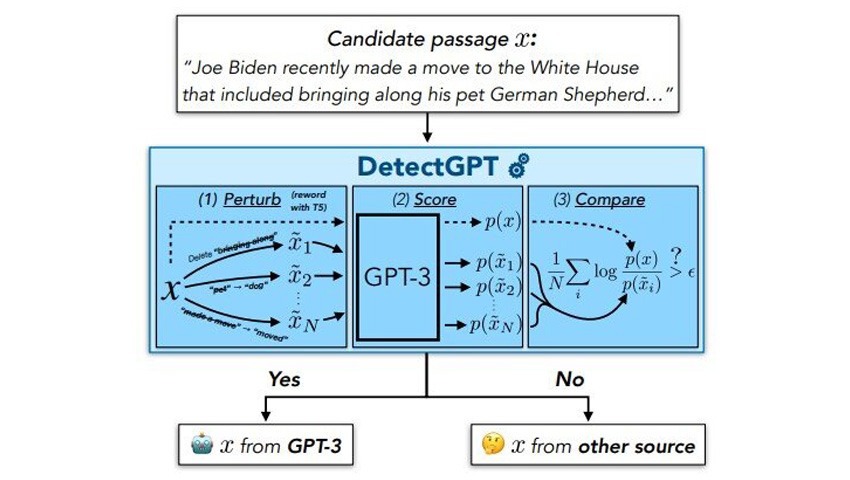


















































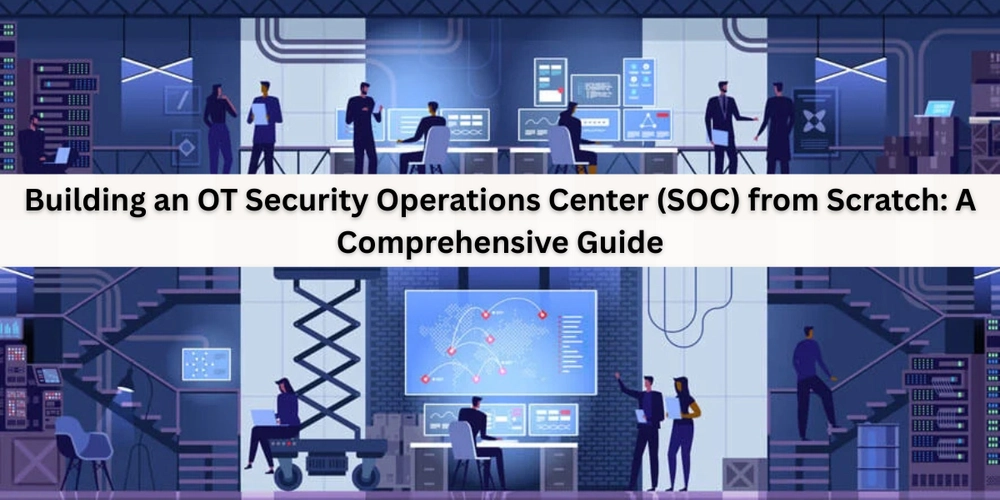

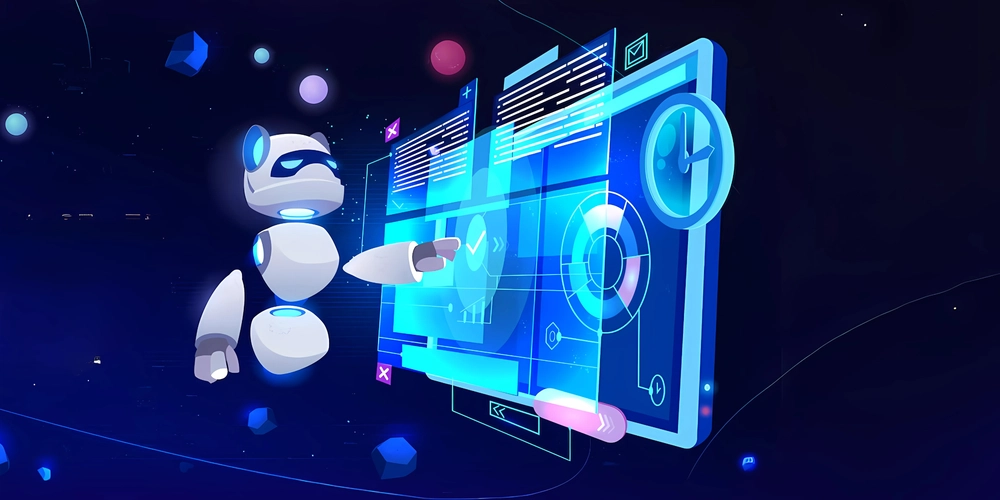
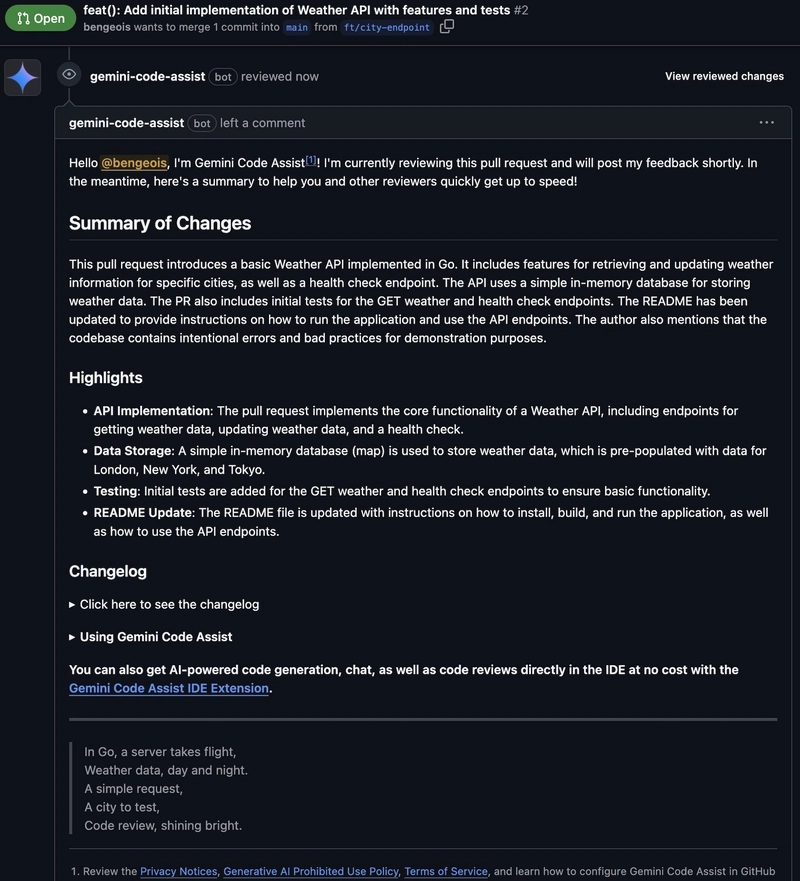













![[DEALS] Koofr Cloud Storage: Lifetime Subscription (1TB) (80% off) & Other Deals Up To 98% Off – Offers End Soon!](https://www.javacodegeeks.com/wp-content/uploads/2012/12/jcg-logo.jpg)
















































































































-RTAガチ勢がSwitch2体験会でゼルダのラスボスを撃破して世界初のEDを流してしまう...【ゼルダの伝説ブレスオブザワイルドSwitch2-Edition】-00-06-05.png?width=1920&height=1920&fit=bounds&quality=70&format=jpg&auto=webp#)























_roibu_Alamy.jpg?width=1280&auto=webp&quality=80&disable=upscale#)






































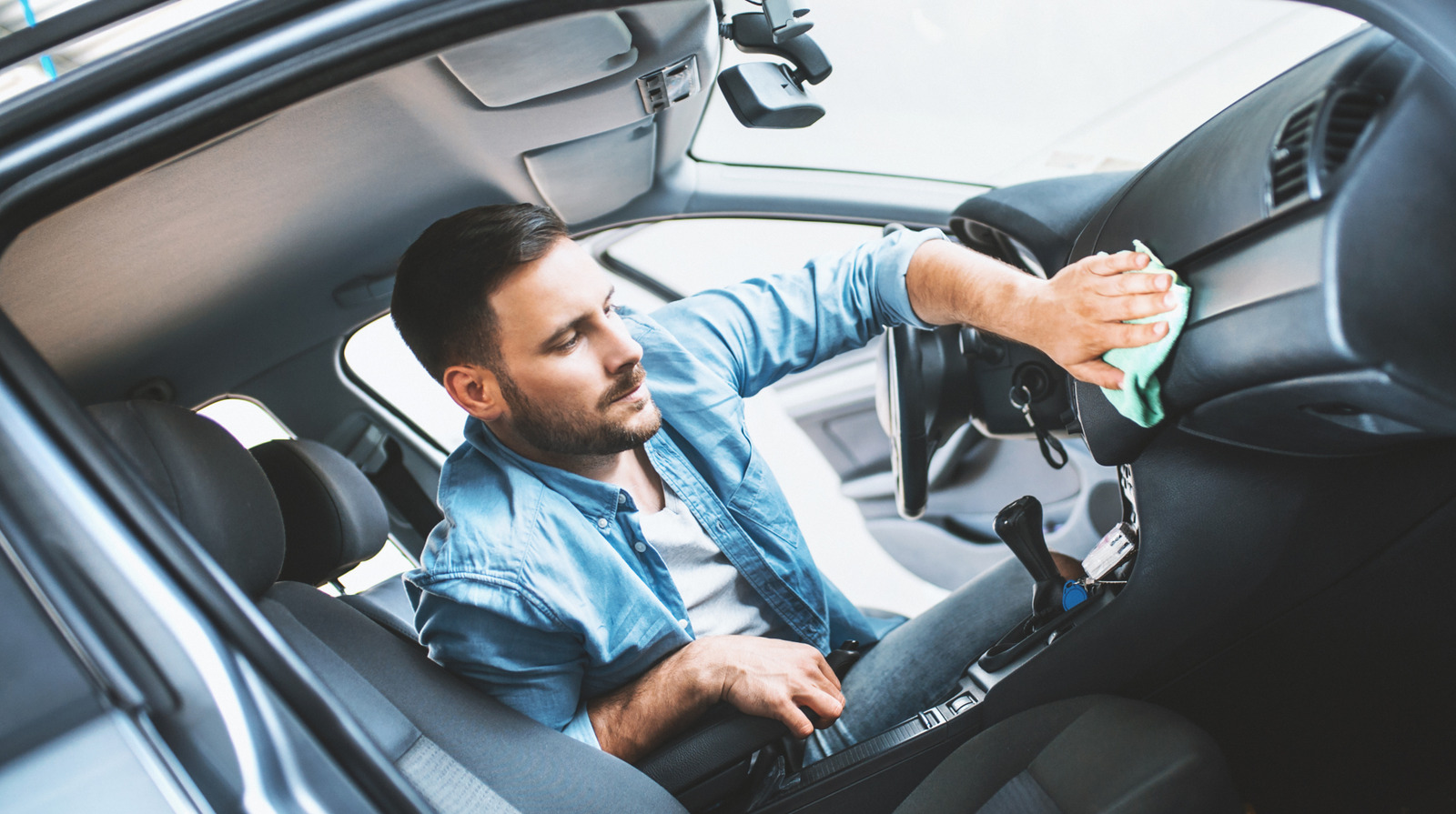


































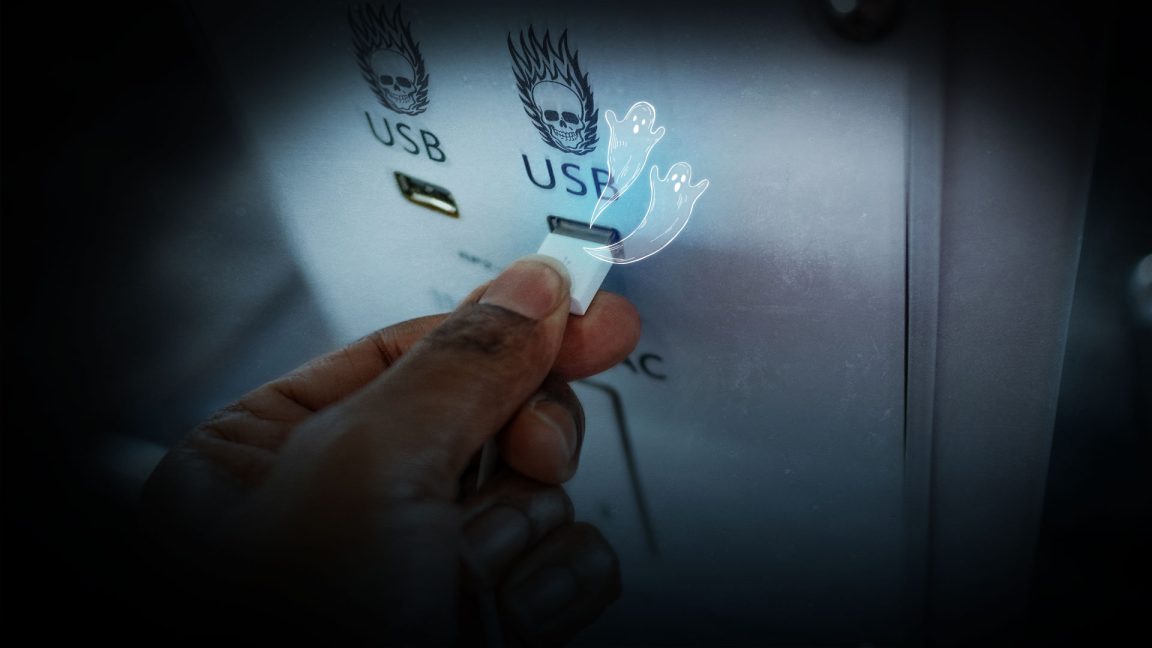












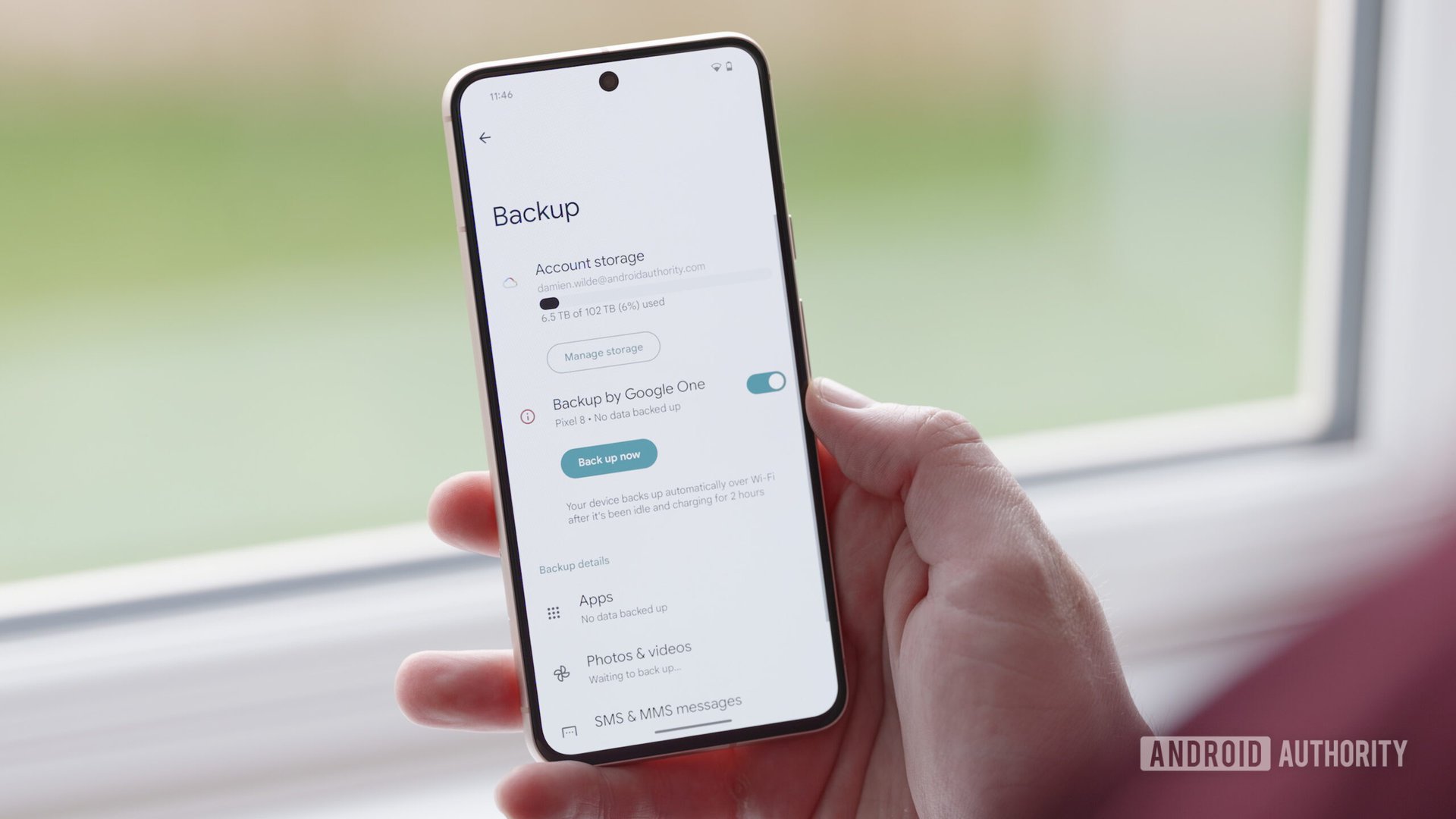



















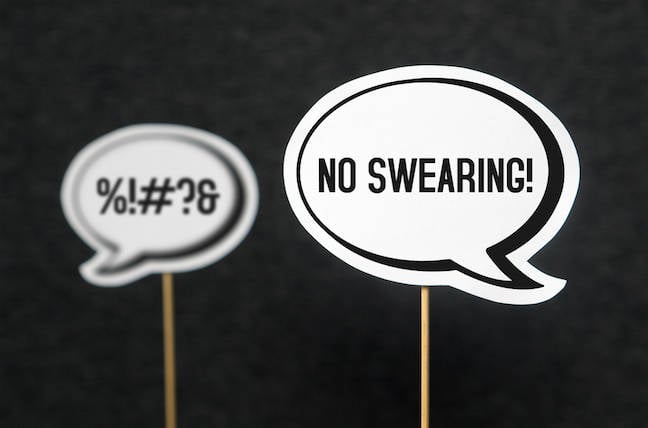
![M4 MacBook Air Drops to Just $849 - Act Fast! [Lowest Price Ever]](https://www.iclarified.com/images/news/97140/97140/97140-640.jpg)
![Apple Smart Glasses Not Close to Being Ready as Meta Targets 2025 [Gurman]](https://www.iclarified.com/images/news/97139/97139/97139-640.jpg)
![iPadOS 19 May Introduce Menu Bar, iOS 19 to Support External Displays [Rumor]](https://www.iclarified.com/images/news/97137/97137/97137-640.jpg)



















